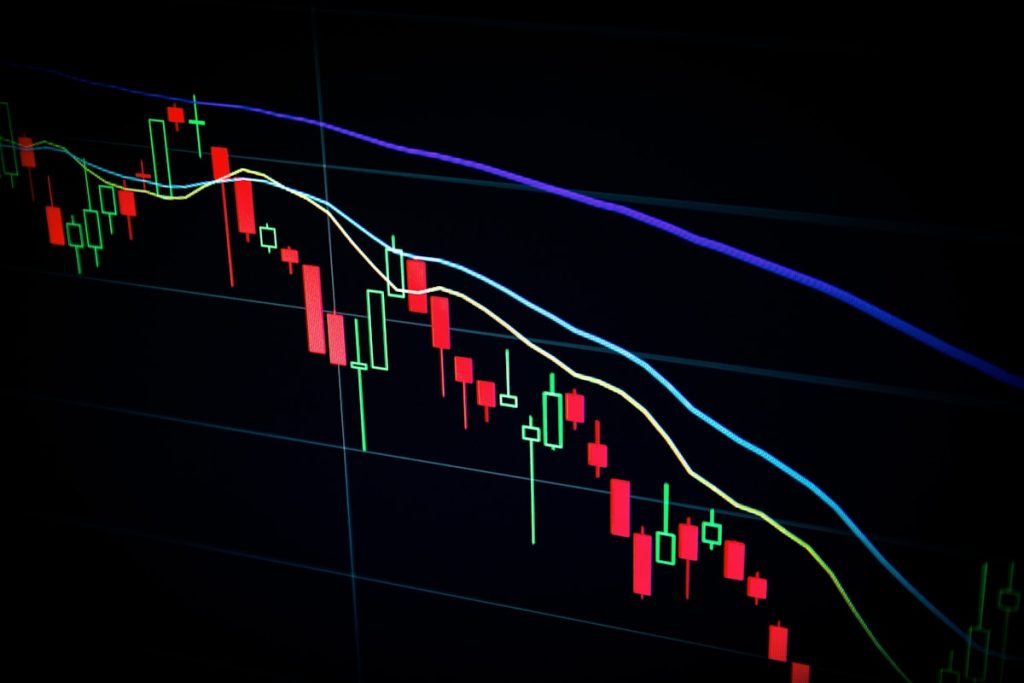Stocks Decline as Trade War Deadline Looms
Global stock markets faced heightened volatility this week as investors braced for the impending deadline in the ongoing U.S.-China trade dispute. Major indices, including the S&P 500, Dow Jones Industrial Average, and Nasdaq Composite, recorded losses amid fears that new tariffs could disrupt global supply chains and corporate earnings.
Trade War Tensions Intensify
The December 15 deadline for the U.S. to impose additional tariffs on $160 billion worth of Chinese goods has sparked concerns of renewed economic friction. Both nations have yet to finalize a “phase one” trade deal, leaving markets on edge. Analysts warn that failure to reach an agreement could lead to retaliatory measures, further destabilizing international trade.
Sectors Most Affected
Several industries saw pronounced declines amid the uncertainty:
- Technology: Companies reliant on Chinese manufacturing, such as Apple and semiconductor firms, dropped over 3%.
- Automotive: Automakers faced pressure due to potential disruptions in parts sourcing.
- Agriculture: Soybean futures fell as China threatened to halt U.S. agricultural imports.
Investor Sentiment Shifts to Risk-Off
Market volatility, as measured by the CBOE Volatility Index (VIX), surged to a three-month high. Investors flocked to safe-haven assets, driving up gold prices and lowering Treasury yields. The yield on the 10-year U.S. Treasury note fell to 1.72%, reflecting heightened demand for bonds.
Analysts Weigh In
Experts emphasized the stakes of the deadline. “A breakdown in talks could trigger a broader sell-off,” said Jane Doe, chief economist at XYZ Bank. “Companies are already delaying investments due to tariff uncertainty, which could weigh on 2024 GDP growth.” Others noted that even a limited deal might offer short-term relief but fail to resolve structural issues like intellectual property theft.
Historical Context and Outlook
Markets have reacted sharply to trade war developments since 2018, with the S&P 500 swinging an average of 2% on major headlines. While some investors remain hopeful for a last-minute agreement, others are hedging against further declines using options and inverse ETFs. The next 48 hours will likely determine whether stocks rebound or extend losses into the new year.



